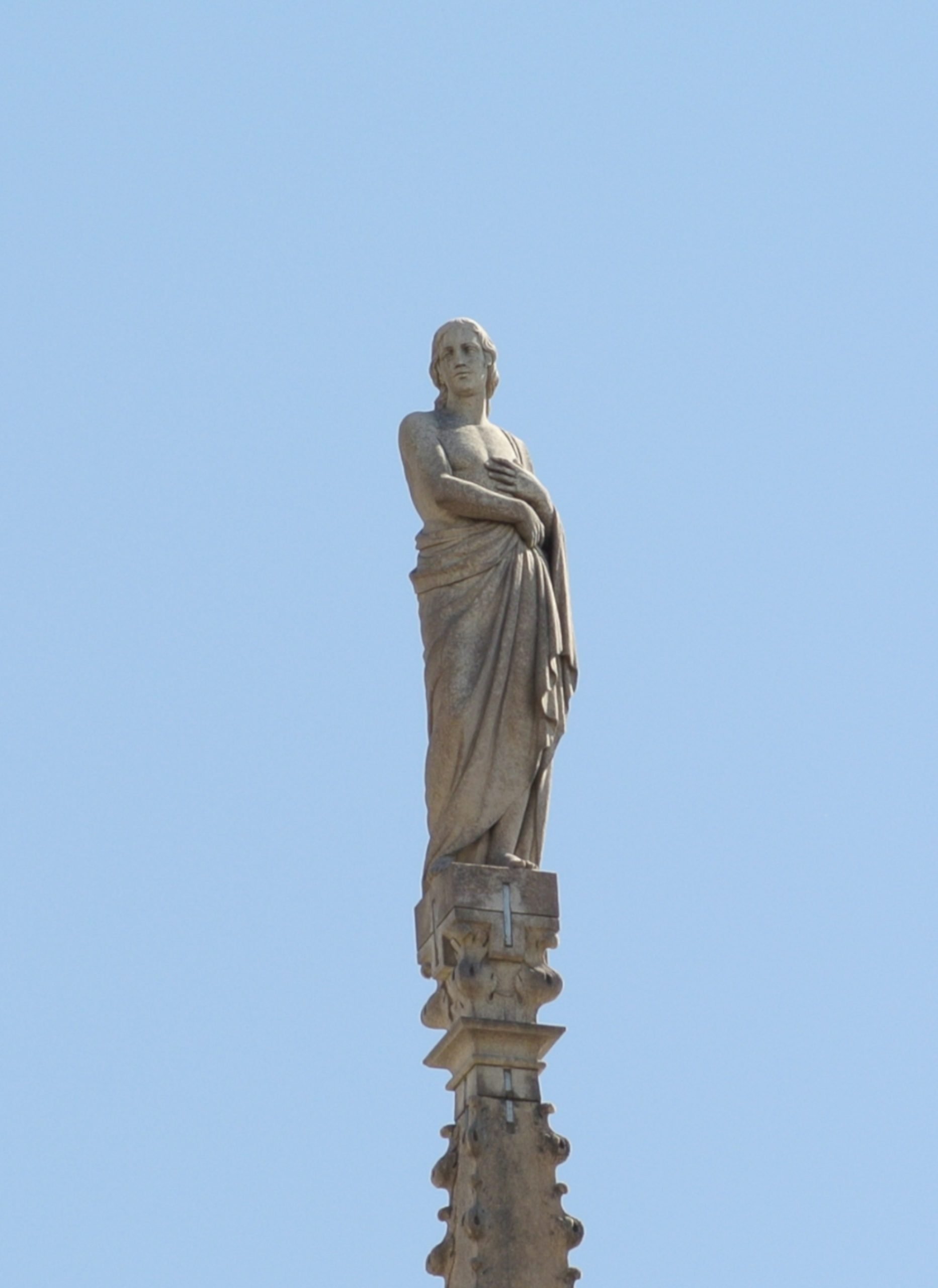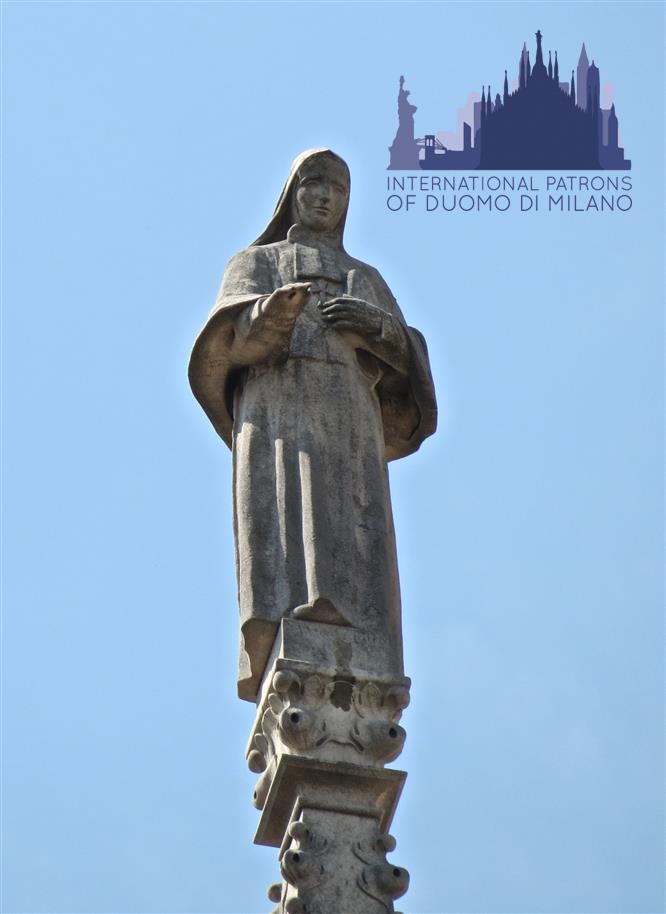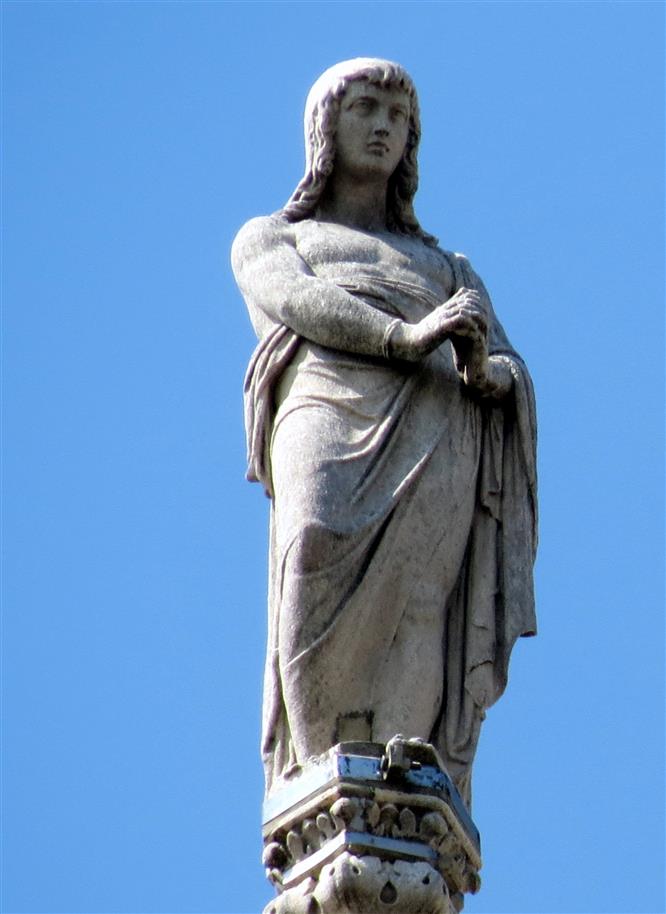The ways of holiness are infinite and the earthly story of this extraordinary saint proves it. Juan Ciudad, born in Montemor-o-Novo, near Evora (Portugal) on March 8th, 1495, ran away from home at the age of 8. At Oropesa in New Castile, where he stayed first, the people, knowing nothing of him, not even his surname, referred to him as John of God and so his name remained. Up to the age of 27, he had been a shepherd and a farmer, and later enlisted as a soldier of fortune. In the famous Battle of Pavia between Charles V and Francis I, John of God found himself on the side of the winner, i.e. Charles V. He later took part in the defense of Vienna besieged by the Ottoman Soliman II. Once his military interlude had come to an end, he roamed around most of Europe until his money lasted and ended up in Africa as a farm hand. For a while he was also a peddler in Gibraltar, dealing in shoddy goods. He finally settled in Granada, where he opened a small bookshop. It was then that John of God radically changed the course of his life, following a sermon by the Blessed John of Avila. John abandoned everything, sold his books and his shop, and even stripped himself of his shoes and clothing, and began begging in the streets of Granada, addressing all the passersby with the phrase that would later become the symbol of his new meritorious institution: “Do good to yourselves! For the love of God, Brothers, do good!” The alms that the people gave him were in fact distributed amongst the needy. But the people of Granada thought that they were doing him good by committing him to the mental asylum. This was a heaven-sent misunderstanding. While there, John became aware of the guilty ignorance of those who wanted to treat mental illnesses with methods worthy of a torturer. So, as soon as he was able to free himself from that hell, he founded, with the help of benefactors, his own hospital. Though entirely uneducated in medicine, John proved himself to be better than the physicians, especially when it came to treating mental illnesses, ushering in, way ahead of its time, the psychoanalytical or psychosomatic method which, four centuries later, would become the pride of Freud and his pupils. Caring for the spirit was the premise for properly caring for the body. John of God gathered his collaborators in one big religious family, the Order of the Brothers Hospitallers, better known as the Fatebenefratelli – i.e. the Do-Good Brothers, in Italian. John died when he was but fifty-five, on his birthday, on March 8th, 1550. He was canonized in 1690. Leo XIII declared him the patron saint of hospitals and of those who work to restore the health of the sick.
ST. JOHN OF GOD
Patron Saint: Nurses, Doctors, Hospitals, Heart patients, Booksellers, Printers Symbol: Heart
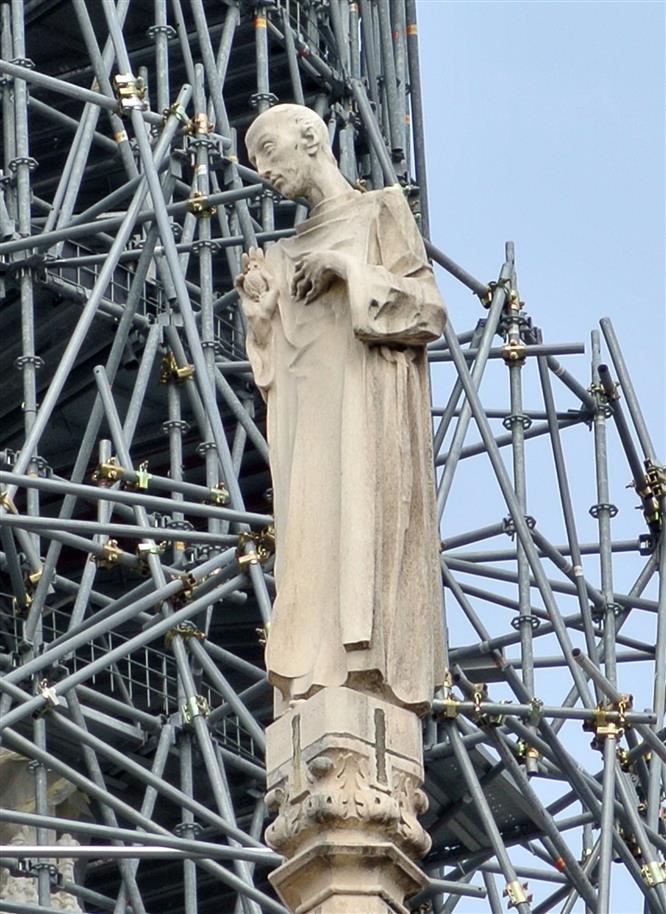



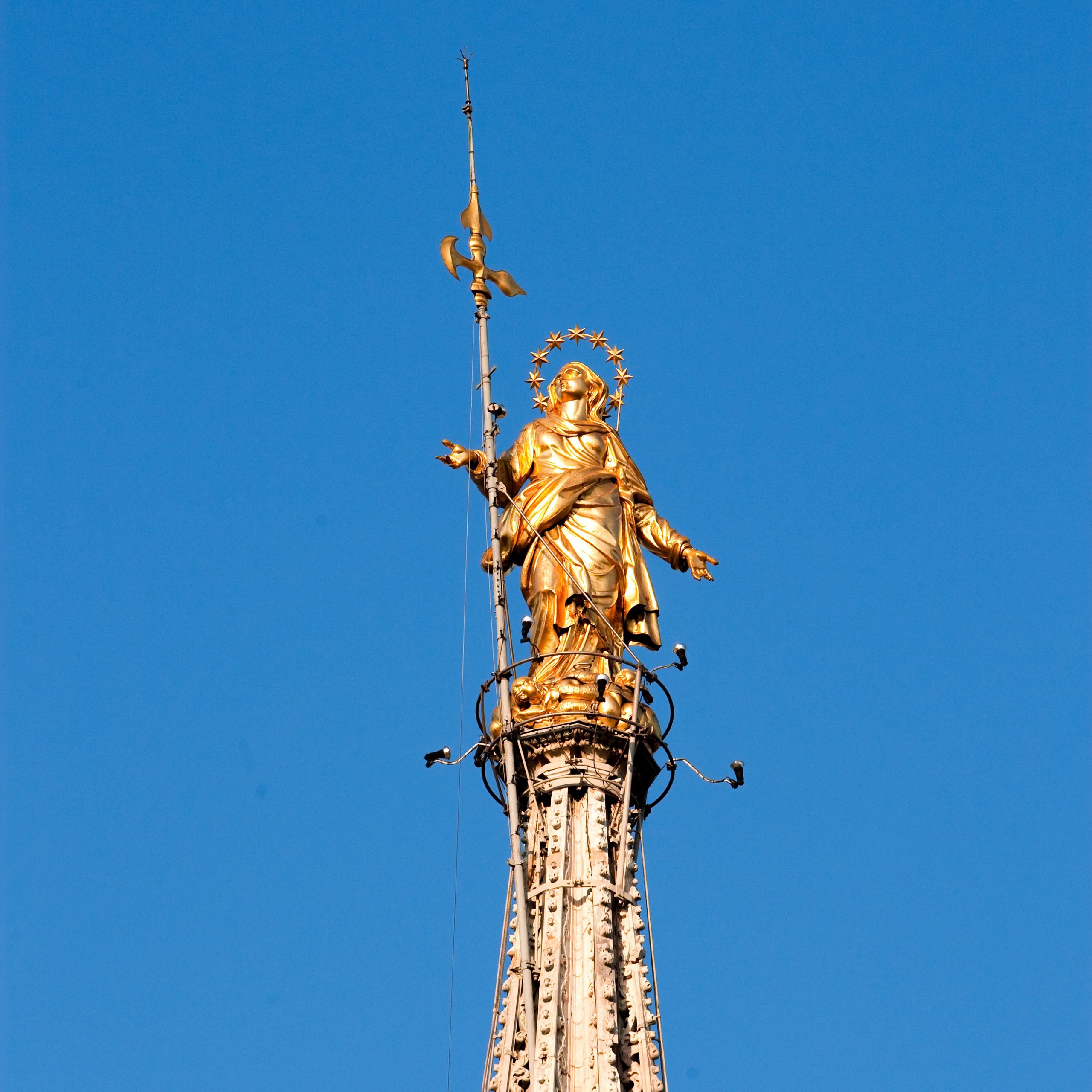
 Tiburio
Tiburio